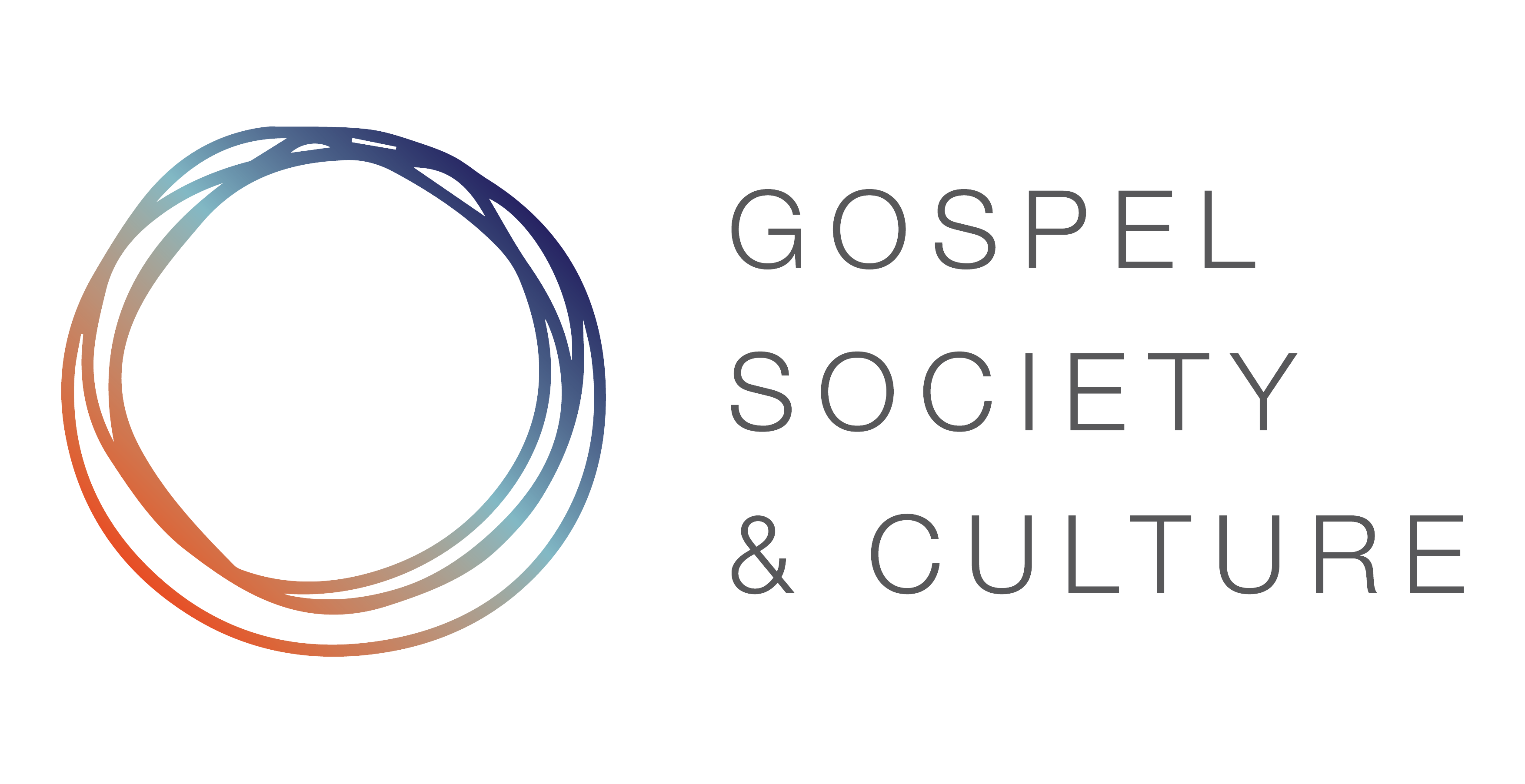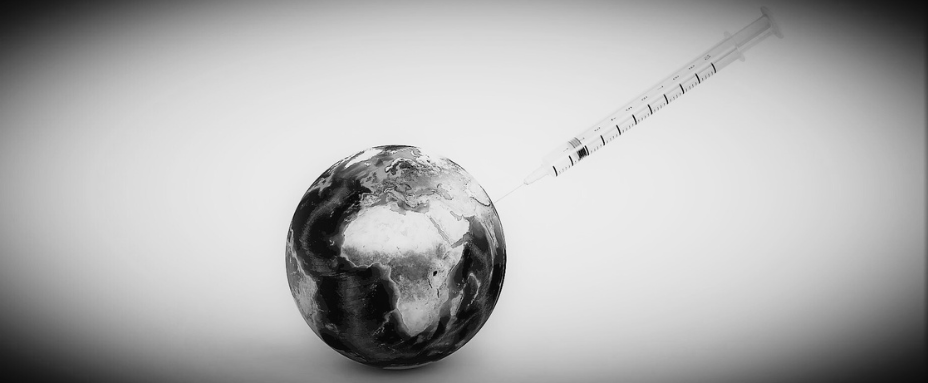
Love the Lord your God with all your heart and with all your soul and with all your mind and with all your strength … Love your neighbor as yourself.
As the world reeled from the impact of COVID-19, scientists around the world began searching for a vaccine. The pressure is intense. So much hangs on finding a vaccine; politicians and public officials have announced their confidence that there will be a successful candidate and so many plans depend on that.
If there is a vaccine (or more than one) available in the next 12 months it will be — like so much else in 2020 — “unprecedented”. There are no guarantees of success and there are lots of questions along the way.
In recent weeks we’ve heard about the development of a promising vaccine at Oxford University in the UK and at other places around the world – it seems that the answer the world is waiting for may be within reach.
But the response to this news has been tempered by other information that has come to light: The Oxford vaccine is being developed using cells that have their origin in tissue cells taken from a fetus aborted several decades ago.
Does this make the Oxford vaccine ethically questionable or even morally reprehensible?. If Australia goes ahead with plans to use this vaccine, can people who uphold the sanctity of all human life participate in good conscience?
How do these questions intersect with the wider debate about the ethics and costs and benefits of vaccination programs? The vaccination debate has been bubbling away since the 70’s. Since then, the anti-vaccination movement has gained ground, and divisions exist in the community. It would be naive to think that people of faith all held the same view on the matter. This tension, coupled with the Prime Minister’s suggestion that vaccination against COVID-19 could be made mandatory, might make us wonder if we’ve opened a Pandora’s Box.
How can Christians really love their neighbours and care for the common good in this complex and now urgent area?
As always, the Bible is the source to which Christians turn for guidance when they are thinking through these increasingly complex bioethical issues. In this series of six blogs, Professor Nalini Pather* gives us information about vaccine research, immunisation programs and healthcare outcomes, and offers a Christian perspective on the ethical implications around the development of the COVID-19 vaccine and others.
We trust that it will help you think through these issues and their implications for the present crisis.
*Nalini Pather is a senior academic in medical sciences at the University of NSW. She holds a doctoral degree in cell biology and additional postgraduate qualifications in clinical anatomy, and university learning and teaching. Her areas of research include applied anatomy and medical imaging, medical education and ethics. Nalini serves on the Gospel, Society and Culture committee.
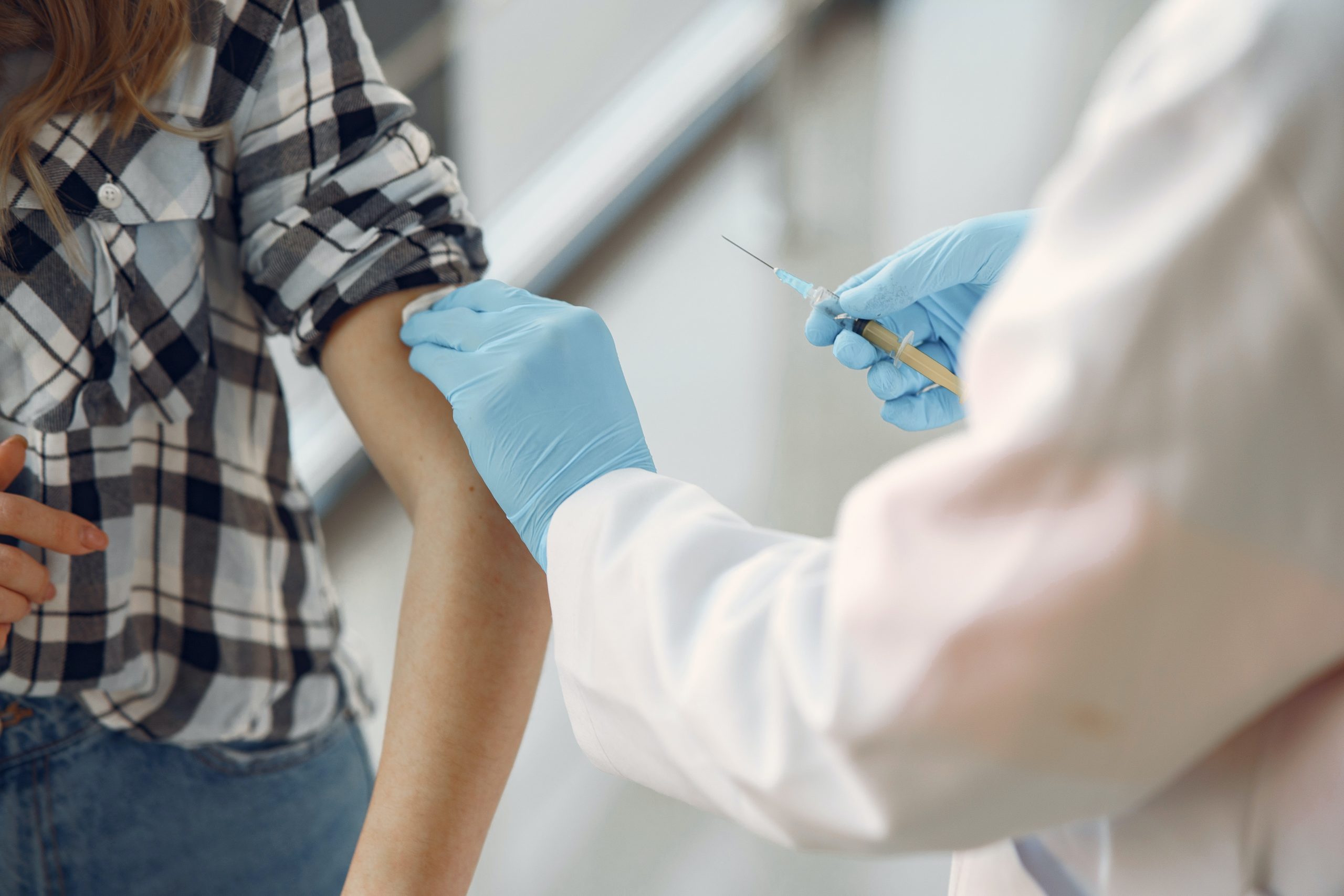
PART 1 in the series
Herd Immunity and The Common Good – read here
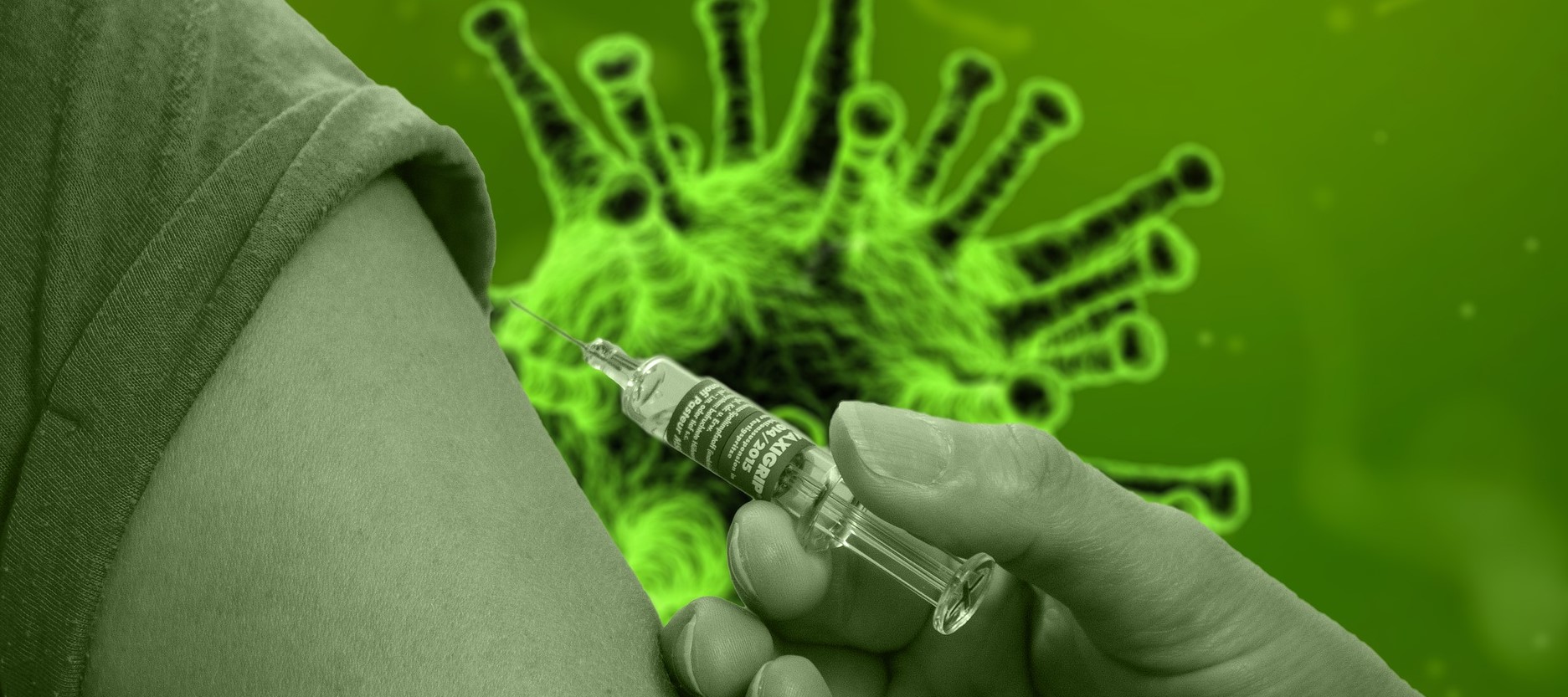
PART 2 in the series
Innate Mechanism of Immunity, History of Vaccines and Common Grace – read here.
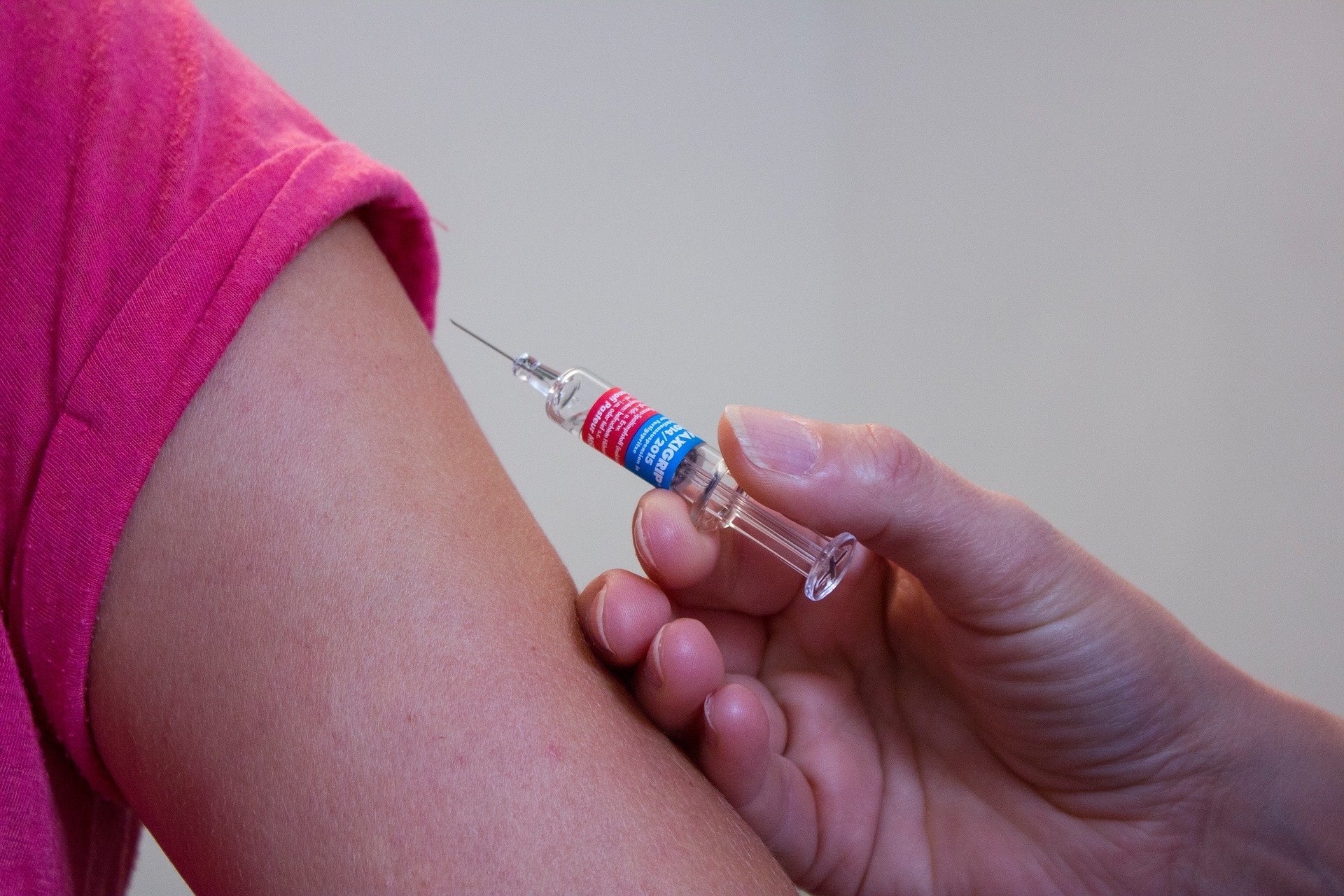
PART 3 in the series
Vaccines: Is there a problem? Read here
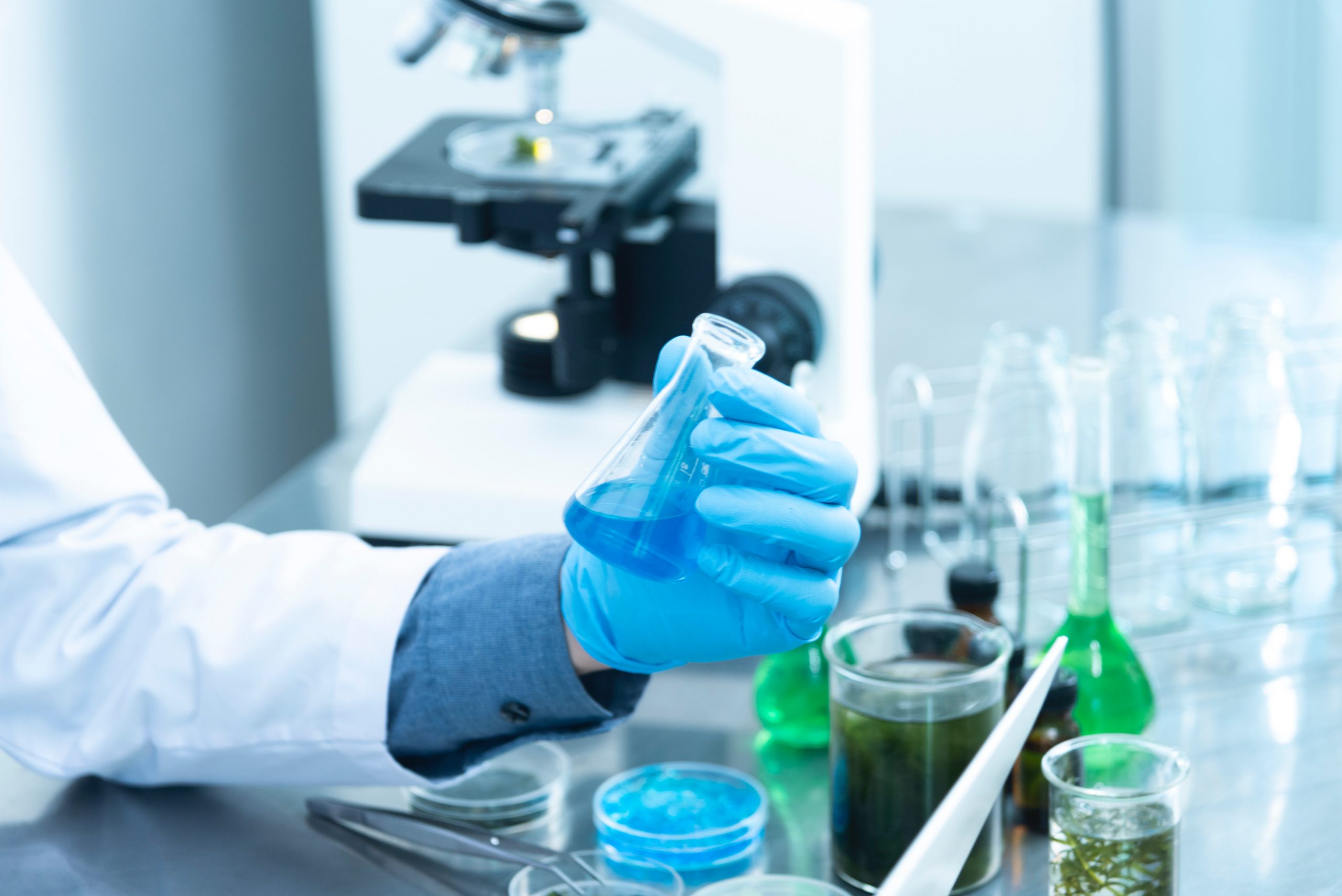
PART 4 in the series
Vaccines and aborted fetuses – read here
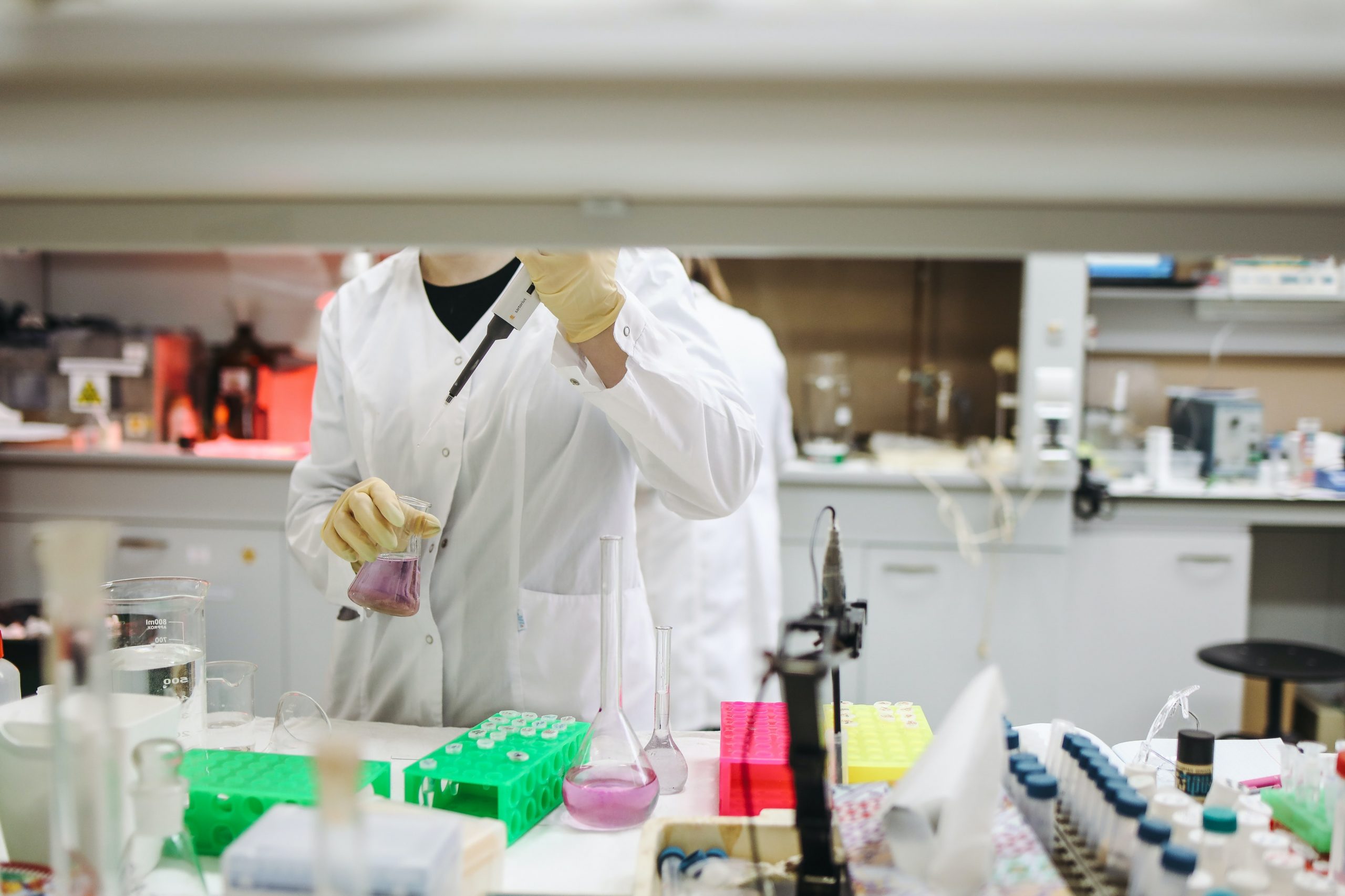
PART 5 in the series
Health Disparity and Social Justice – read here

